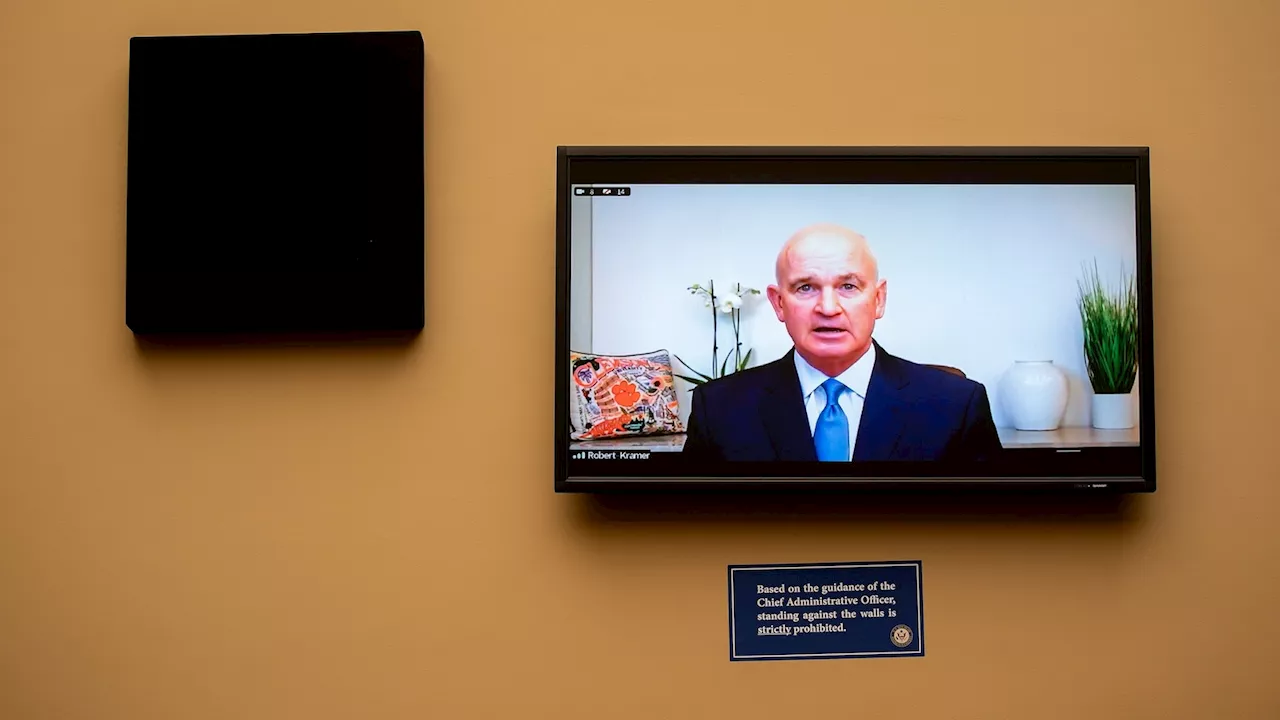
The debate over health care costs in the United States has intensified, with advocates calling for universal health care coverage. Recent data reveals that the U.S. allocates approximately 17 percent of its gross domestic product (GDP) to health care, significantly higher than other industrialized nations, which spend between 9 percent and 12 percent. This disparity raises questions about the effectiveness of the current system and its impact on citizens’ well-being.
Research indicates that residents of countries with universal health care generally enjoy longer lifespans, averaging two years more than their American counterparts. The financial burden of health care in the U.S. is evident, as a staggering 75 percent of personal bankruptcies are attributed to medical debts. In contrast, nations that have implemented universal health care systems report virtually no medical debt among their populations.
Comparative Health Care Costs and Outcomes
The high cost of health care in the U.S. has prompted a closer examination of how funds are allocated and the outcomes they produce. While the U.S. invests heavily in health care, the return on that investment appears less favorable when compared to other developed countries. For instance, nations like Canada, the United Kingdom, and Australia manage to provide comprehensive health services at a fraction of the cost, allowing citizens to access necessary medical care without facing crippling financial consequences.
The implications of these statistics extend beyond financial metrics. Many Americans report avoiding medical treatment due to concerns about costs. This leads to worsened health outcomes and increased long-term expenses for both individuals and the health care system. The pressure to seek affordable care is mounting, highlighting the necessity for a transformative approach to health care in the United States.
The Case for Universal Health Care
Proponents of universal health care argue that a shift towards this model could alleviate the financial strain on individuals and families. By eliminating medical debt, advocates suggest that Americans could experience improved financial stability and enhanced access to preventive care. The idea is not without its challenges; implementing a universal system would require significant policy changes and funding mechanisms.
Nevertheless, the potential benefits of universal health care merit serious consideration. Countries with such systems have demonstrated that it is possible to provide high-quality health care while maintaining control over costs. As discussions around health care reform continue, the American public is encouraged to examine the evidence and advocate for solutions that prioritize health and financial security.
The ongoing conversation around health care in the U.S. underscores the urgency of addressing these disparities. With a clearer understanding of the costs and outcomes associated with different systems, the path forward may become more apparent. Universal health care remains a contentious topic, but the statistics speak to a need for change that cannot be ignored.






